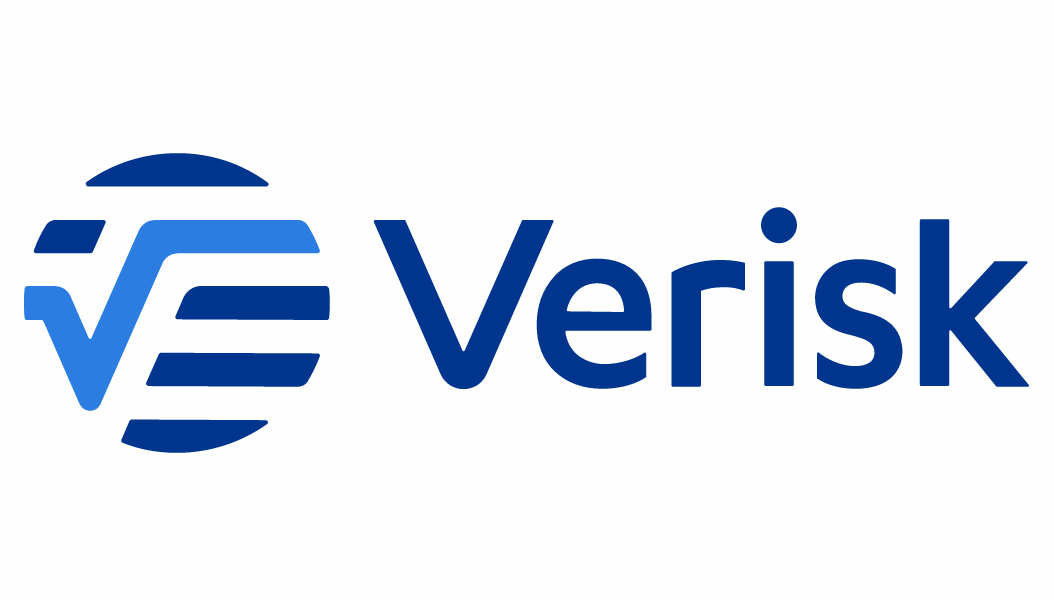
The HVAC (Heating, Ventilation, and Air Conditioning) industry is the backbone of modern comfort.Whether it’s installing a new system, repairing an old one, or maintaining commercial-grade equipment, HVAC contractors are critical to keeping homes and businesses running smoothly.But with great responsibility comes significant risk.
From property damage to workplace injuries, the potential for costly incidents is ever-present.That’s why having the right insurance policies in place is non-negotiable for HVAC contractors.In this blog, we’ll break down the essential insurance policies every HVAC contractor needs to protect their business, employees, and reputation.
Whether you’re a seasoned professional or just starting out, understanding these policies is key to building a resilient and successful operation.Why Insurance Is Crucial for HVAC Contractors HVAC contractors face unique risks that make insurance a critical part of their business strategy.Here are some of the most common challenges: Without adequate coverage, these risks could lead to financial ruin.
The right insurance policies act as a safety net, allowing you to focus on growing your business with confidence.Essential Insurance Policies for HVAC Contractors 1. General Liability Insurance General liability insurance is the cornerstone of any HVAC contractor’s risk management plan.It protects your business from third-party claims of bodily injury, property damage, and personal injury.
Why You Need It: What It Covers: Example: While installing a new HVAC system, one of your employees accidentally damages a client’s wall.General liability insurance covers the cost of repairs, saving your business from out-of-pocket expenses.2. Workers’ Compensation Insurance If you have employees, workers’ compensation insurance is a legal requirement in most states.
This policy provides medical benefits and wage replacement for employees who are injured or become ill due to their work.Why You Need It: What It Covers: Example: An employee falls off a ladder while installing ductwork and suffers a broken arm.Workers’ compensation insurance covers their medical bills and lost wages during recovery.
3. Commercial Auto Insurance HVAC contractors rely on vehicles to transport tools, equipment, and materials to job sites.Commercial auto insurance protects your business from the financial fallout of accidents involving company-owned vehicles.Why You Need It: What It Covers: Example: One of your work vans is involved in a collision on the way to a job site.
Commercial auto insurance covers the repair costs and medical expenses for the other driver.4. Inland Marine Insurance Inland marine insurance is essential for HVAC contractors who transport tools and equipment to job sites.This policy covers your tools and equipment while they’re in transit or stored at a job site.
Why You Need It: What It Covers: Example: A thief breaks into your work van and steals several expensive tools.Inland marine insurance reimburses you for the cost of replacing the stolen items.5. Professional Liability Insurance (Errors & Omissions Insurance) Professional liability insurance protects your business from claims of negligence, errors, or omissions in your work.
This coverage is particularly important for HVAC contractors who provide design or consulting services.Why You Need It: What It Covers: Example: A client claims that a poorly installed HVAC system caused their energy bills to skyrocket.Professional liability insurance covers the legal fees and settlement costs.
6. Commercial Property Insurance If you own or lease a physical location, commercial property insurance is essential.This policy protects your office, warehouse, and equipment from risks like fire, theft, and natural disasters.Why You Need It: What It Covers: Example: A fire damages your warehouse, destroying several HVAC units and tools.
Commercial property insurance covers the cost of repairs and replacing the lost equipment.7. Umbrella Insurance Umbrella insurance provides an extra layer of liability protection, kicking in after your other policies’ limits are exhausted.This coverage is particularly valuable for HVAC contractors who work on large or high-risk projects.
Why You Need It: What It Covers: Example: A client sues for $2 million after a faulty HVAC installation causes extensive property damage.Your general liability policy covers $1 million, and your umbrella policy covers the remaining $1 million.How to Choose the Right Policies for Your Business Every HVAC business is unique, so your insurance needs may vary.
Here are some tips for building a comprehensive insurance plan: Assess Your Risks: Identify the specific risks your business faces, such as transporting expensive equipment or working in high-risk environments.Work with an Independent Agent: An experienced agent can help you customize a policy that fits your needs and budget.Review Your Coverage Regularly: As your business grows, your insurance needs may change.
Regular reviews ensure you’re always adequately protected.Final Thoughts: Protecting Your HVAC Business Insurance isn’t just a box to check—it’s a vital part of running a successful HVAC business.From general liability to inland marine insurance, each policy plays a critical role in protecting your business from financial losses and reputational damage.
By understanding your risks and investing in the right coverage, you can focus on what you do best: keeping your clients comfortable and your business thriving.Ready to take the next step? Contact an independent insurance agent today to review your options and ensure your HVAC business is fully protected.Because when it comes to safeguarding your livelihood, there’s no such thing as being overprepared.
Publisher: Paradiso Insurance








